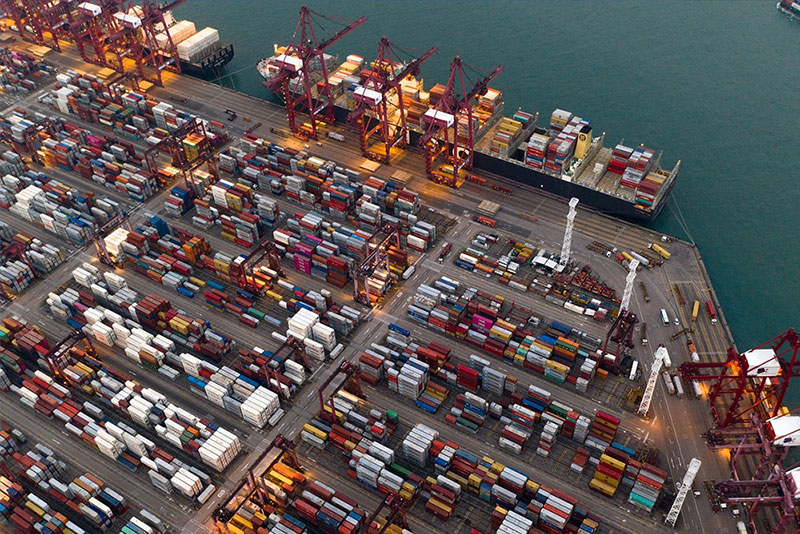Cross-border trade facilitation plays a crucial role in today's interconnected global economy. It encompasses the processes, policies, and infrastructure that streamline the movement of goods and services across international borders. Efficient trade facilitation not only reduces transaction costs but also enhances competitiveness and supports economic growth.
One of the key elements of cross-border trade facilitation is the simplification and harmonization of trade procedures. This includes customs clearance processes, documentation requirements, and border management protocols. When these procedures are standardized and transparent, businesses can navigate international trade more easily, reducing delays and uncertainties.

Furthermore, modern trade facilitation initiatives leverage technology to automate and digitize trade processes. Electronic documentation, online customs portals, and advanced cargo tracking systems improve efficiency and reduce paperwork. These technological advancements not only accelerate the clearance process but also minimize errors and compliance issues.
For businesses engaged in cross-border trade, effective facilitation translates into cost savings and improved supply chain reliability. By reducing the time and resources spent on administrative tasks, companies can focus more on core operations and strategic growth initiatives. This operational efficiency is particularly beneficial for small and medium-sized enterprises (SMEs) looking to expand their market reach.

In addition to economic benefits, cross-border trade facilitation fosters cooperation and partnerships between countries. Bilateral and multilateral trade agreements that focus on facilitation help create a predictable and conducive environment for trade. This mutual trust and collaboration are essential for sustainable economic development on a global scale.
Moreover, in the context of global challenges such as the COVID-19 pandemic, efficient trade facilitation has proven to be indispensable. Facilitated trade procedures enabled the rapid transport of essential medical supplies and vaccines across borders, demonstrating the resilience and importance of streamlined trade systems.
Looking ahead, the evolution of cross-border trade facilitation continues to be shaped by innovation and international cooperation. Emerging technologies such as blockchain and artificial intelligence offer new opportunities to further simplify and secure global trade transactions.